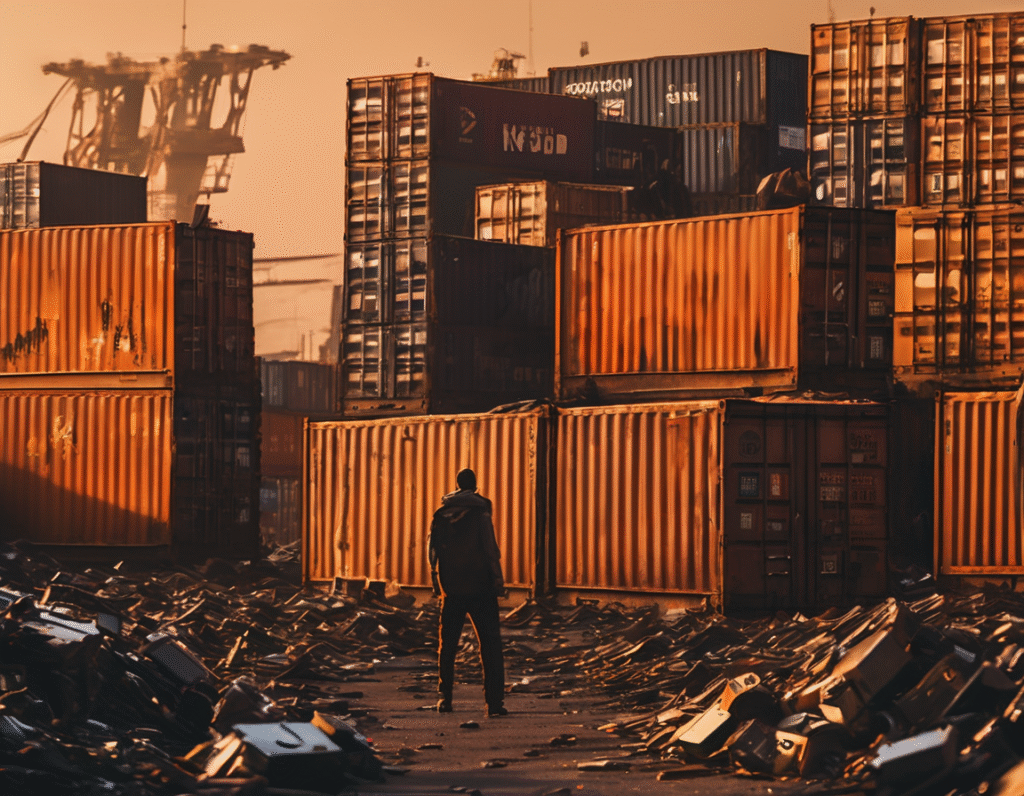A Hidden Tsunami of American E-Waste Is Flooding Southeast Asia An environmental watchdog group is sounding the alarm, suggesting that millions of tons of discarded electronics from the United States are appearing in Asia and the Middle East every single month. This deluge of digital refuse is creating what the group calls a hidden tsunami of e-waste. The Basel Action Network, or BAN, based in Seattle, conducted a two-year investigation. They claim to have discovered at least ten US companies that are exporting used electronics to nations including Vietnam and Malaysia. This problematic waste consists of items like old phones and computers, which are particularly concerning because they often contain integrated toxic metals such as lead, cadmium, and mercury. In total, it is estimated that approximately 2,000 containers of e-waste depart the United States each month. This amounts to a staggering 33,000 metric tons of electronic junk being shipped abroad. The companies responsible for these shipments are described as e-waste brokers. Instead of recycling the material themselves, they ship it off for other parties to handle. Companies named in the report include Corporate eWaste Solutions, Semsotai, First America Metal Corp., and PPM Recycling. According to the report, these ten companies alone allegedly exported e-waste valued at more than one billion dollars between January 2023 and February 2025. The broader industry trade in this waste could exceed two hundred million dollars every month. Some of the accused companies have pushed back against the allegations. Semsotai stated that it does not export scrap and only deals with working components meant for reuse, also accusing BAN of being biased. PPM Recycling claimed that BAN was exaggerating the volume of shipments. The majority of the other companies named have so far declined to comment. The investigation also suggests that US e-waste shipments made up six percent of all American exports to Malaysia from 2023 to 2025. A representative from BAN remarked that Malaysia has suddenly become a mecca of junk. Containers of e-waste were also tracked to Vietnam, Indonesia, Thailand, the Philippines, and the United Arab Emirates. This issue is part of a much larger global problem. Electronic waste is growing five times faster than formal recycling programs can handle. The world generated 62 million metric tons of e-waste in 2022, and according to United Nations data, that number is expected to surge to 82 million metric tons by the year 2030. Most countries have banned these types of hazardous waste imports under an international agreement known as the Basel Convention. However, the United States is the only industrialized nation that has not ratified this treaty. This legal loophole means the US, which is the world’s second-largest producer of e-waste, is not bound by any of the international rules designed to control the transboundary movement of hazardous electronic junk.

